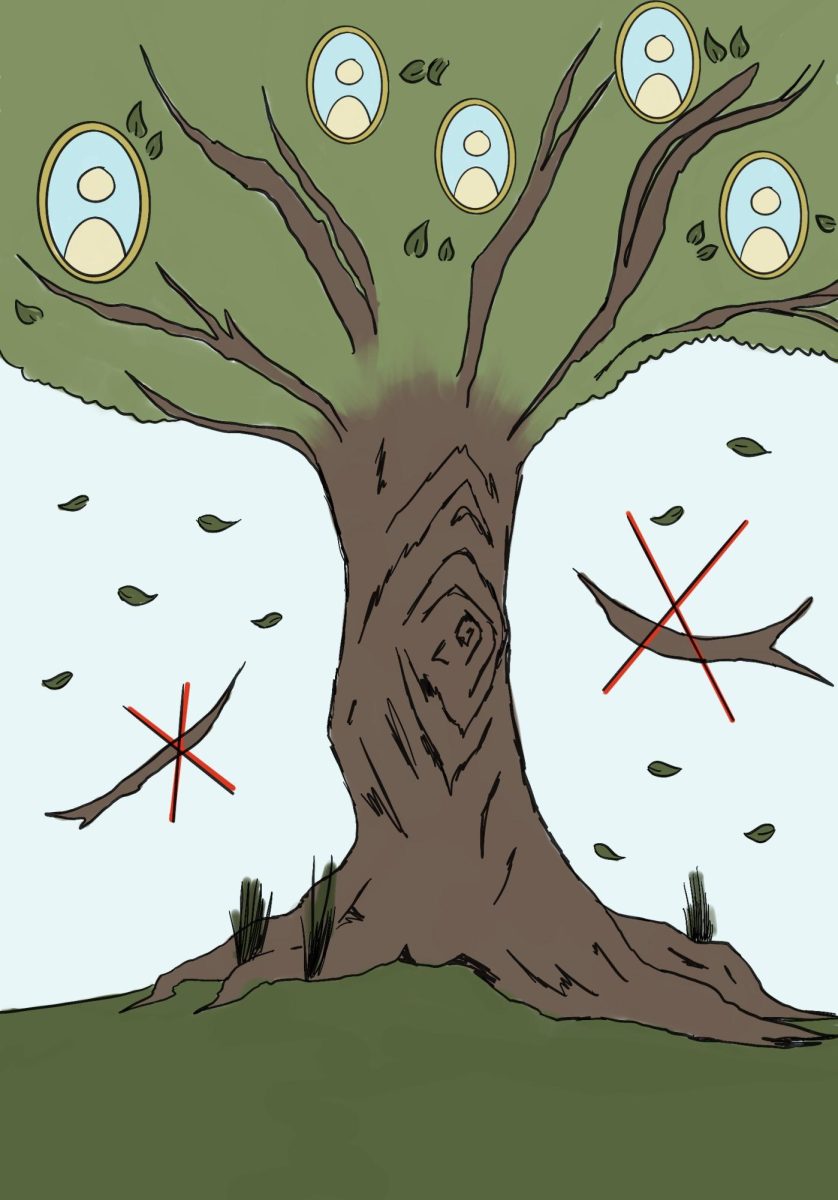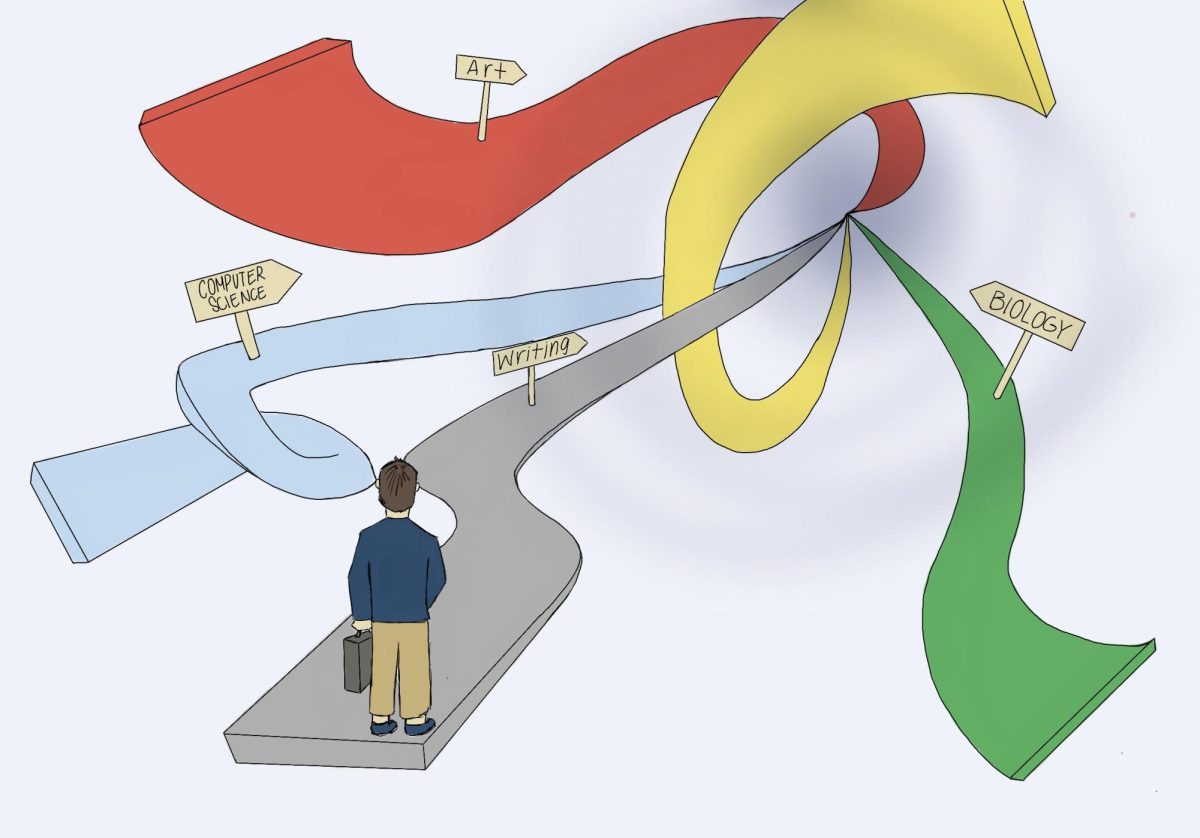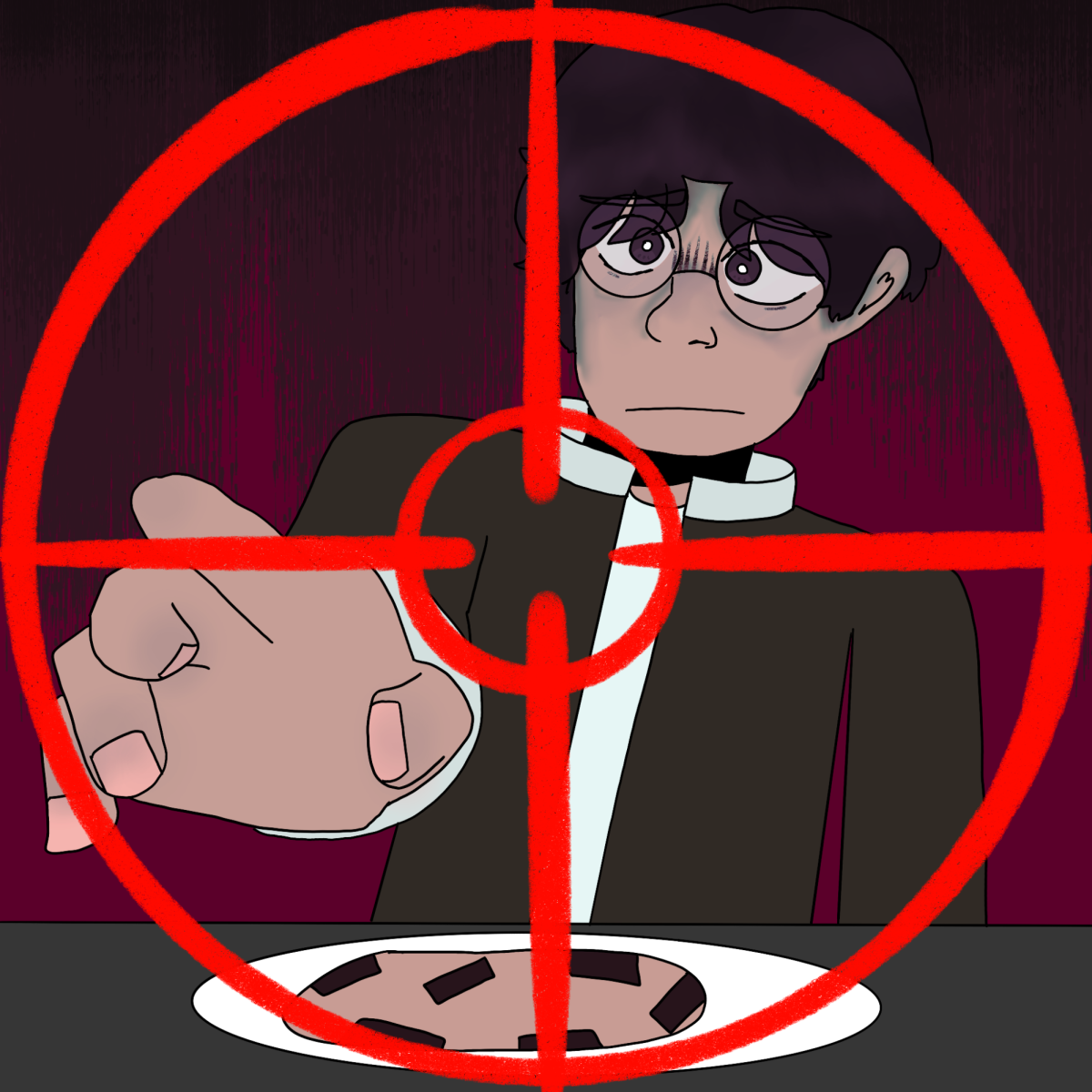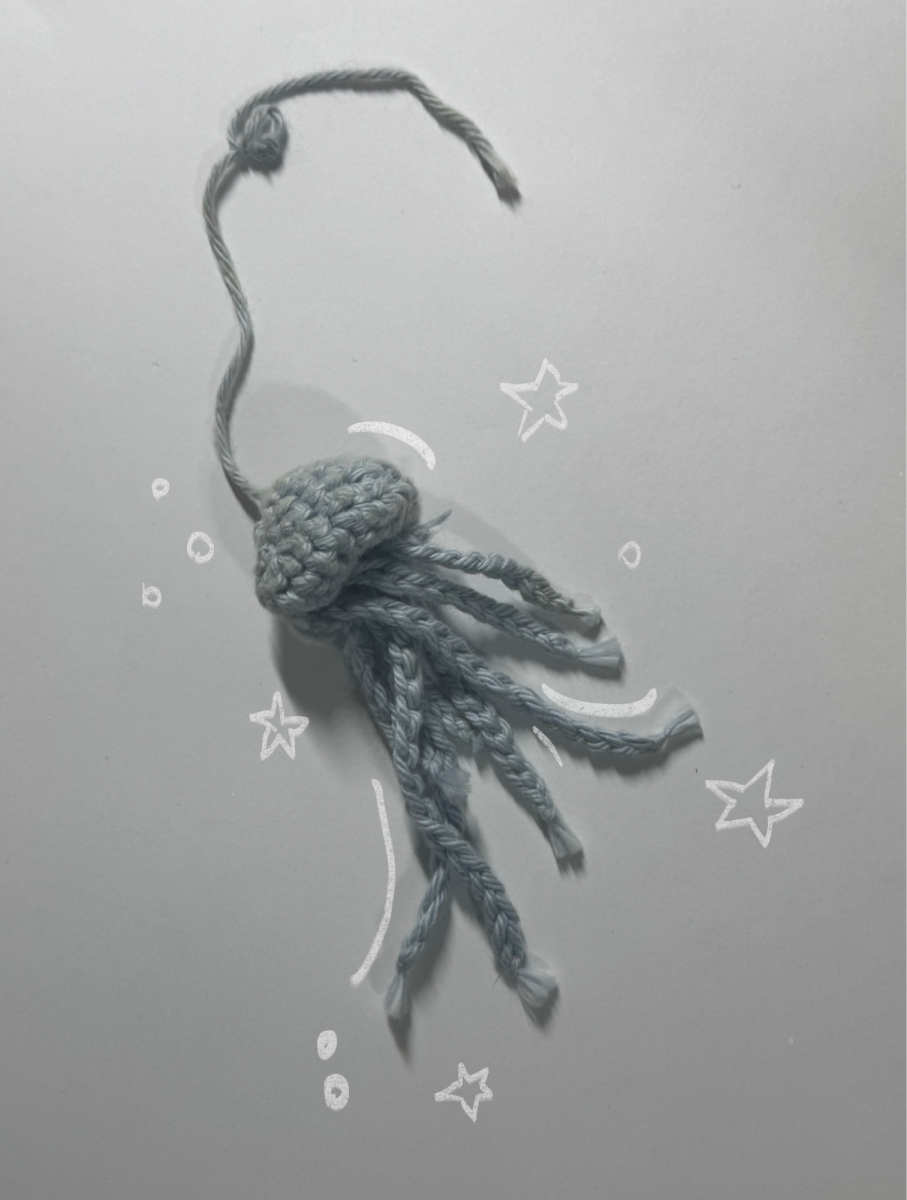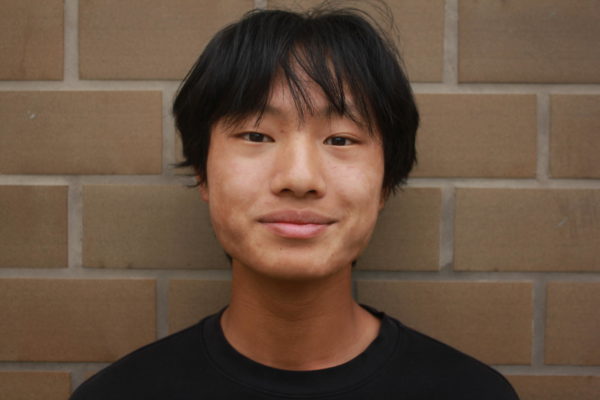Class officers. We’ve all heard of them, but do we truly understand their roles? We’re all too familiar with the annual end-of-year ritual when a group of “Vote ____ for Class Secretary” T-shirt-wielding students hunt down every person and menacingly watch them fill out the voting form. But once the dust settles, how many of us even know who our class treasurer is and what they do?
If you visit the DVHS leadership website, you’ll find a multitude of different teams: there’s athletics, ASB officers, campus life, class competition, and the list goes on. Each one has its own niche, and their objective is specified at the top of their homepage — except for the class officers. For example, the athletics department focuses on “recognizing the teams and athletes on campus for their accomplishments,” and ASB officers “represent the student body at district board meetings, organize various Leadership class events, and oversee the work and progress of each Leadership team.” Class officers, on the other hand, have left that section blank. I’m not saying that the class officers don’t do anything, but the absence of a well-defined objective tells me that there is nothing unique about their positions compared to any other Leadership role.
Certainly, the class officers do have the responsibilities of running homecoming, planning rallies and other school spirit events. There’s no denying that planning these events is a massive effort, but does it fit the title of class president? My issue is not with the people who hold these leadership positions, but rather the fact that they have not brought substantial change to our student body. Homecoming memories are great, but what tangible difference does it make? In my experience there has not been any meaningful change to our school done by the class officers. The decorated hallways, homecoming skits, and creative spirit day contests — while enjoyable — don’t leave a lasting impact on students.
Furthermore, aren’t all these school spirit events a collective effort of all leadership students? So, are officer positions really necessary? I hate to say it, but these officers don’t deserve to be put into a position of authority because the leadership team here wouldn’t really be any different without them. Their roles as class officers could be easily filled by anyone else in Leadership since their responsibilities are not specialized enough. I’ve heard time and time again that merit is a part of the selection process as students must be qualified in order to even get into the leadership class and have the opportunity to run for a position. But it begs the question: what makes these officers unique from any other leadership student?
And that brings up another problem: the election process. One could argue that the number of votes is a fair way to decide the officers, but let’s be real, it isn’t. It’s likely that most of us didn’t base our votes on how convincing someone’s campaign video was, and I’ll admit that I didn’t either. But this just shows how the voting system is merely a measurement of someone’s popularity. While it makes sense that a better-connected student would be more fit to represent the student body, this method still fails to consider merit. Influence alone should not determine one’s qualification for a supposedly significant position..
Admittedly, us students are partially responsible for this popularity contest by voting for who we’re closest to. That’s the one thing that we can control, and voting based on who we think is most qualified should be something we agree on collectively. But this doesn’t mean the voting process isn’t flawed — it still is. The point here is that a leadership position comes with expectations, and if they are not met, no one will recognize that position as legitimate.


